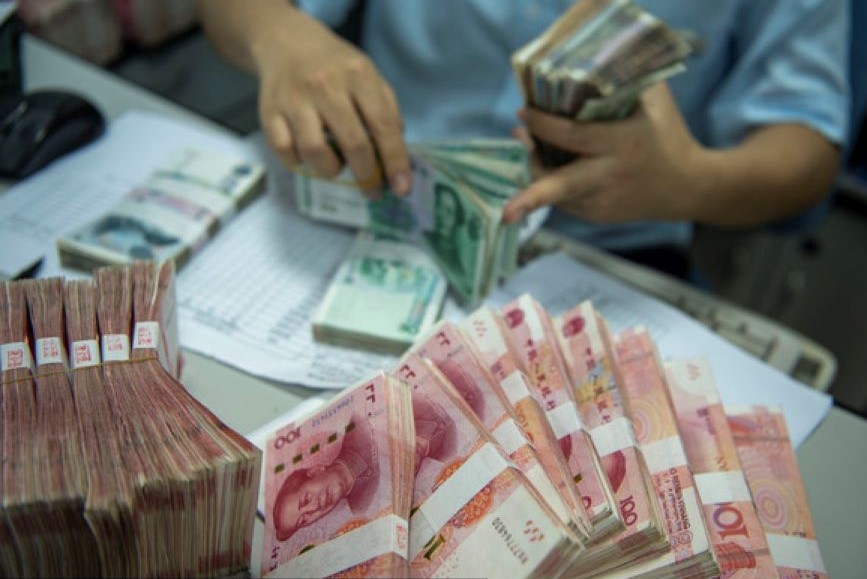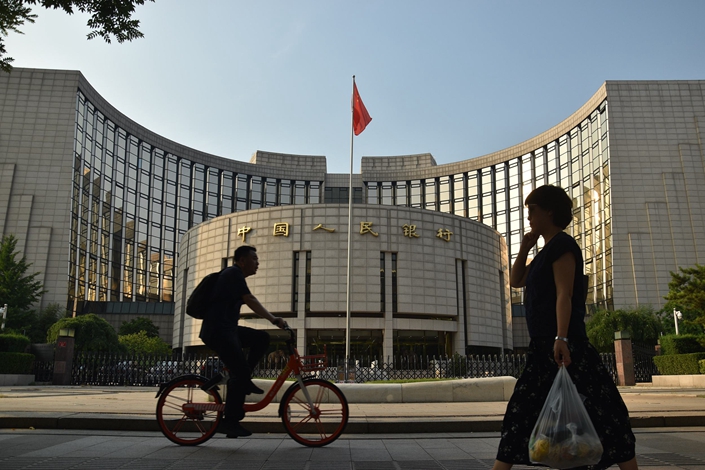Fitch downgrades China’s sovereign credit outlook to negative, Beijing responds critically
Fitch Ratings downgrades China’s sovereign credit outlook to negative, citing increasing fiscal risks amid a shift away from real estate-led growth
Fitch Ratings has downgraded China’s sovereign credit outlook to negative, citing escalating fiscal risks amid the nation’s transition away from real estate-driven growth, a move met with pushback from Beijing.
The New York-based rating agency stated on Wednesday that the downgrade reflects “increasing risks to China’s public finance outlook” as the country endeavors to shift its economic model.
Fitch, a member of the “big three” rating agencies alongside Moody’s and Standard & Poor’s, projected the government deficit to climb to 7.1% of gross domestic product (GDP) in 2024, up from 5.8% last year.
Additionally, government debt was anticipated to rise to 61.3% of GDP this year, marking an increase from 56.1% in 2023.
Fitch concerns about China’s growing government deficit and debt levels

“Wide fiscal deficits and rising government debt in recent years have eroded fiscal buffers from a rating perspective,” according to Fitch.
The agency further emphasized the likelihood of fiscal policy playing a crucial role in sustaining growth in the forthcoming years, potentially contributing to a continuous upward trend in debt.
Highlighting future liability risks, Fitch stated: “We view fiscal risks as higher than suggested by official government debt metrics, given perceptions that certain government-related entities carry implicit government support.”
China’s Ministry of Finance ‘disappointed’ with Fitch’s decision

However, the ministry criticized Fitch’s sovereign credit rating methodology for failing to effectively acknowledge the positive impacts of China’s fiscal policies on economic growth and macro leverage ratio stabilization.
Fitch rates China’s credit as A+
Despite the negative outlook, Fitch maintained China’s credit rating at A+, citing the nation’s “large and diversified economy, still solid GDP growth prospects relative to peers, integral role in global goods trade, robust external finances, and reserve currency status of the yuan.”
China’s economy, the world’s second-largest, continues to face challenges such as slowing growth, a shrinking population, weak consumption, a prolonged real estate slump, and capital outflows.
Source: Newsroom



